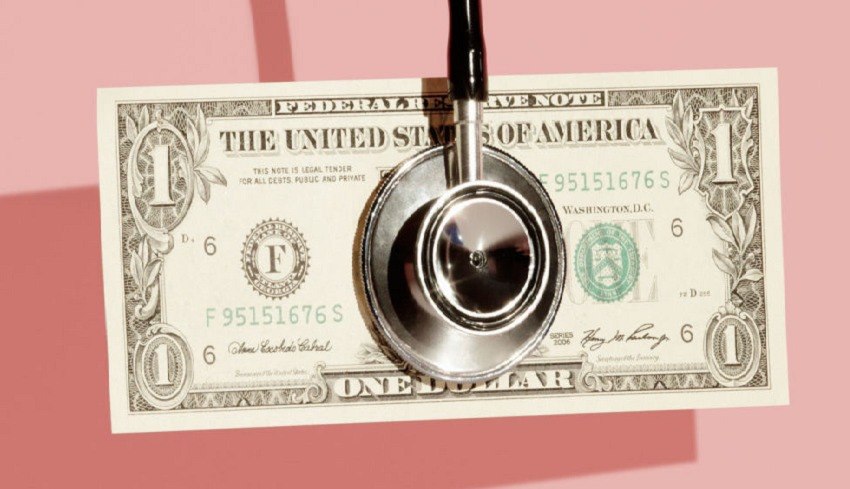7 Surprisingly Simple and Low Budget Health Habits
 Health & Fitness
Health & Fitness
Better health and more $$$ in your bank account may seem like an unlikely combination, but the truth is, wellness can come without a huge price tag. Adopting certain habits will help you feel stronger and more energized, yet the immediate and long-term financial results are even better. Here, seven ways to put the saying "health is wealth" into practice.
1. Download an app that helps you work out at home, on your schedule.
Why It Saves: One study found that people who paid $70 per month for a gym membership went less than five times a year.
Make It Happen: Try the free SworkIt app, which enables you to choose the length of your workout (5, 10, 15 minutes or more) as well as the part of the body you want to focus on. Your time, your choice.
2. Steer clear of unnecessary testing.
Why It Saves: Nearly three quarters of doctors admit that the average physician prescribes an unneeded medical test or procedure every week, according to a study from the Robert Wood Johnson Foundation. (Even if an initial test is covered and free to you, it can lead to new ones, which in turn may cost you.)
The Truth About Tests: Almost half of physicians also say that patients ask for an uncalled-for test or procedure at least once a week. Remember: Each one comes with its own risks (radiation exposure during a CT scan, for instance). Plus, you can be healthy and get an abnormal result depending on how the test is done, which triggers more tests.
3. Schedule your flu shot in the morning.
Why It Saves: Every season, the flu causes Americans to skip 111 million days of work, equating to $7 billion a year in sick days. But adults who got the shot from 9 a.m. to 11 a.m. had a greater antibody response to the vaccine—which means stronger and better protection—compared to those who went from 3 p.m. to 5 p.m., per new UK research. (One possible explanation: Your immune system may be more active in the morning.)
4. Take advantage of wellness programs.
Why It Saves: Research shows that only 7% to 21% of employees participate in health programs, even though 70% of companies offer them. These initiatives may include lower insurance premiums for passing wellness screenings, partial reimbursement for exercise supplies and a bonus contribution toward a health savings account (HSA).
Money Matters: Financial incentives from any source can push you to stick to your exercise goals, according to a study published in Annals of Internal Medicine. People who were given cash up front and told to walk 7,000 steps a day were more likely to meet that goal when faced with the threat of losing money.
5. Turn down the heat on the thermostat to 62°F at night.
Why It Saves: You'll lower your annual energy bill by as much as 15%.
Bonus Boost: You'll sleep deeper. The ideal temperature for snoozing is between 60°F and 67°F, because a hot house interferes with your body's ability to snag shut-eye and cuts into restorative REM sleep, says the National Sleep Foundation. Plus, research shows that you're more likely to overeat when sleep-deprived, increasing your risk of weight gain.
6. Buy beans and rice in bulk.
Why It Saves: Vegetarians spend about $750 less per year on groceries than meat eaters do, according to research. These two vegetarian staples are some of the cheapest foods you can buy—and they don't spoil easily, reducing food waste.
Long-Term Benefit: Making these pantry items the focus of more of your meals naturally crowds out meat, and eating a more vegetarian-based diet can help lower your risk of heart disease, obesity, high blood pressure, diabetes and some cancers in the long run, according to the American Heart Association.
7. Ask for an itemized medical bill.
Why It Saves: Eight out of 10 medical bills contain mistakes for items you didn't receive (like tests, medications or supplies), wrong quantities (of drug doses, for example) or non-billable services, according to Medical Billing Advocates of America.
What's At Stake: Your future health—and anxiety levels. Being weighed down by medical debt may make you more likely to stop taking medications and delay or skip care later on, both because it increases overall stress and may make you unable to afford your meds or appointments.
Source: womansday.com




